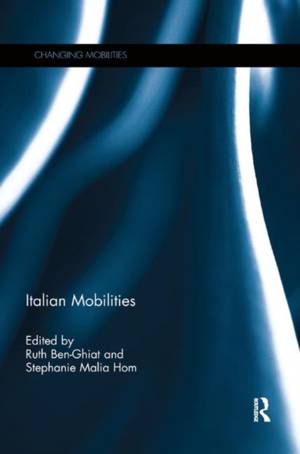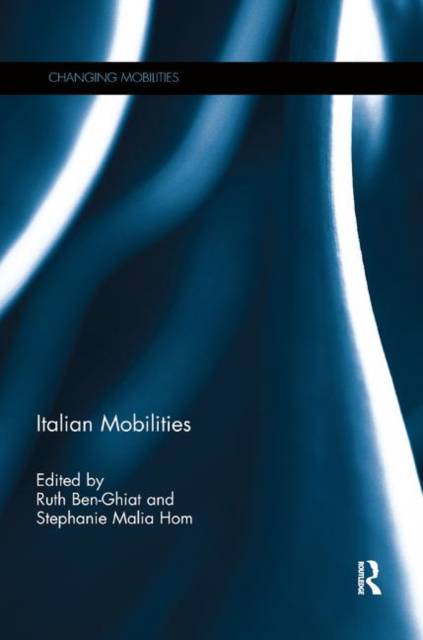
- Afhalen na 1 uur in een winkel met voorraad
- Gratis thuislevering in België vanaf € 30
- Ruim aanbod met 7 miljoen producten
- Afhalen na 1 uur in een winkel met voorraad
- Gratis thuislevering in België vanaf € 30
- Ruim aanbod met 7 miljoen producten
Omschrijving
The Italian nation-state has been defined by practices of mobility. Tourists have flowed in from the era of the Grand Tour to the present, and Italians flowed out in massive numbers in the late 19th and early 20th centuries: Italians made up the largest voluntary emigration in recorded world history. As a bridge from Africa to Europe, Italy has more recently been a destination of choice for immigrants whose tragic stories of shipwreck and confinement are often in the news. This first-of-its-kind edited volume offers a critical accounting of those histories and practices, shedding new light on modern Italy as a flashpoint for mobilities as they relate to nationalism, imperialism, globalization, and consumer, leisure, and labor practices. The book's eight essays reveal how a country often appreciated for what seems immutable - its classical and Renaissance patrimony - has in fact been shaped by movement and transit.
Specificaties
Betrokkenen
- Uitgeverij:
Inhoud
- Aantal bladzijden:
- 206
- Taal:
- Engels
- Reeks:
Eigenschappen
- Productcode (EAN):
- 9780367869861
- Verschijningsdatum:
- 12/12/2019
- Uitvoering:
- Paperback
- Formaat:
- Trade paperback (VS)
- Afmetingen:
- 156 mm x 234 mm
- Gewicht:
- 317 g

Alleen bij Standaard Boekhandel
Beoordelingen
We publiceren alleen reviews die voldoen aan de voorwaarden voor reviews. Bekijk onze voorwaarden voor reviews.








